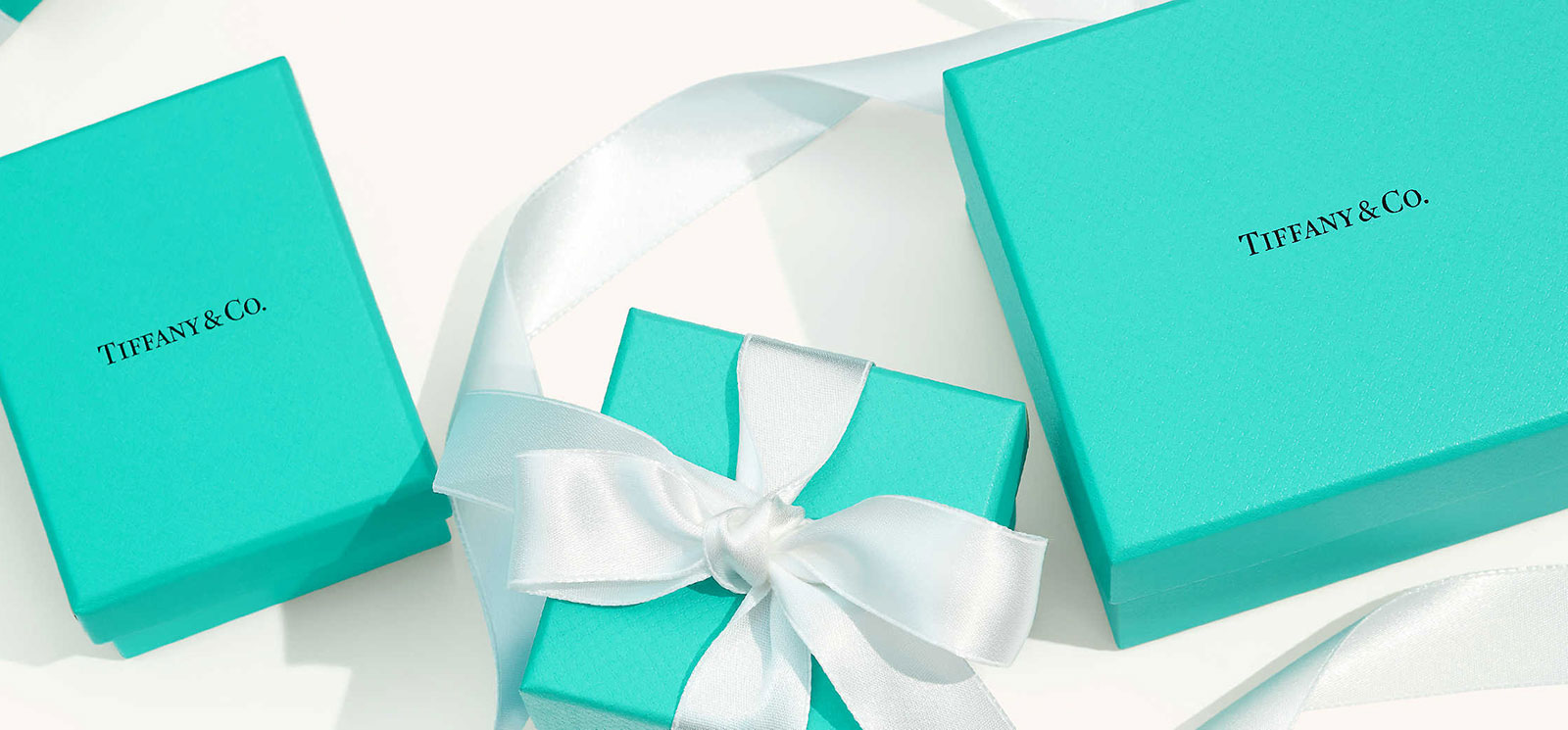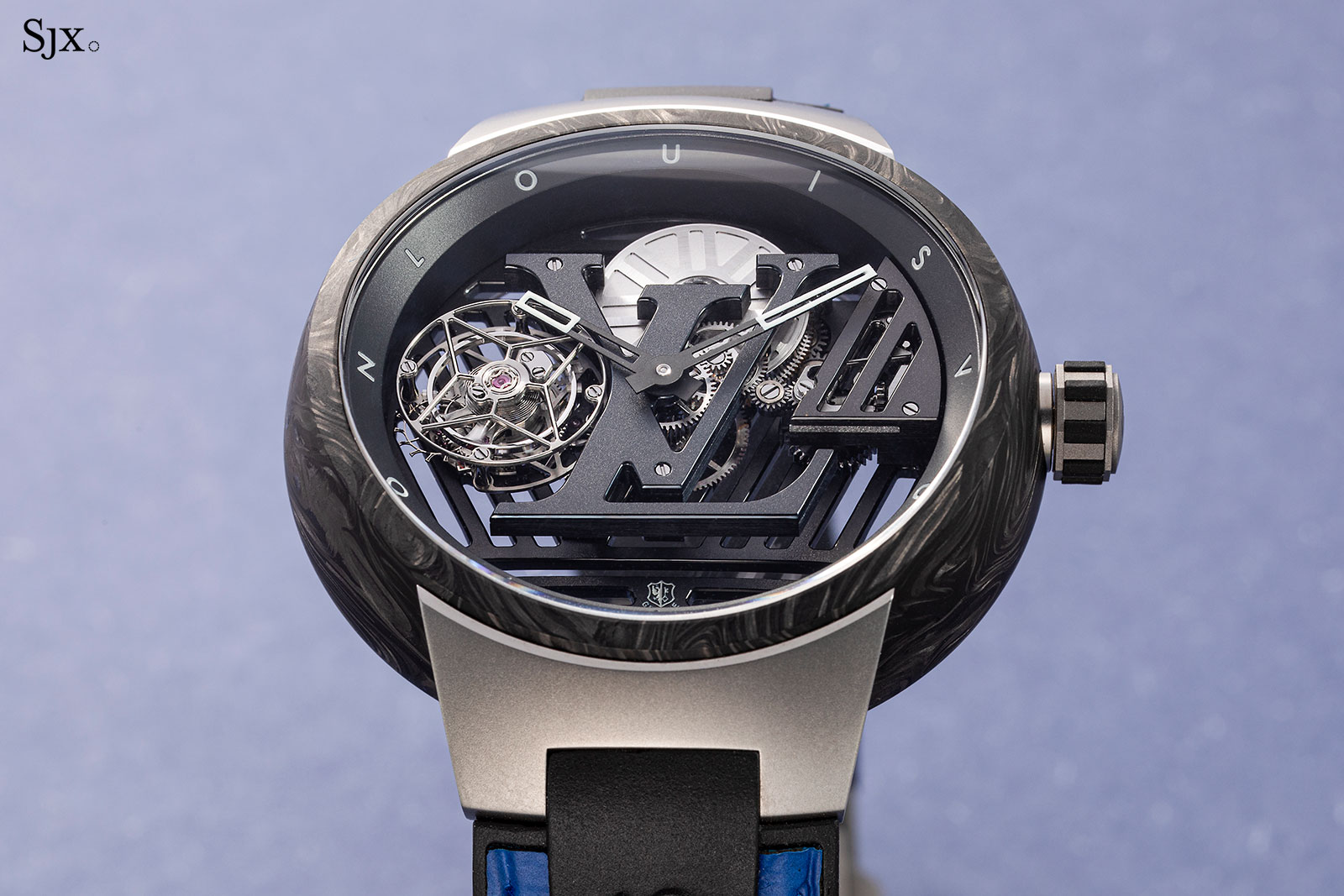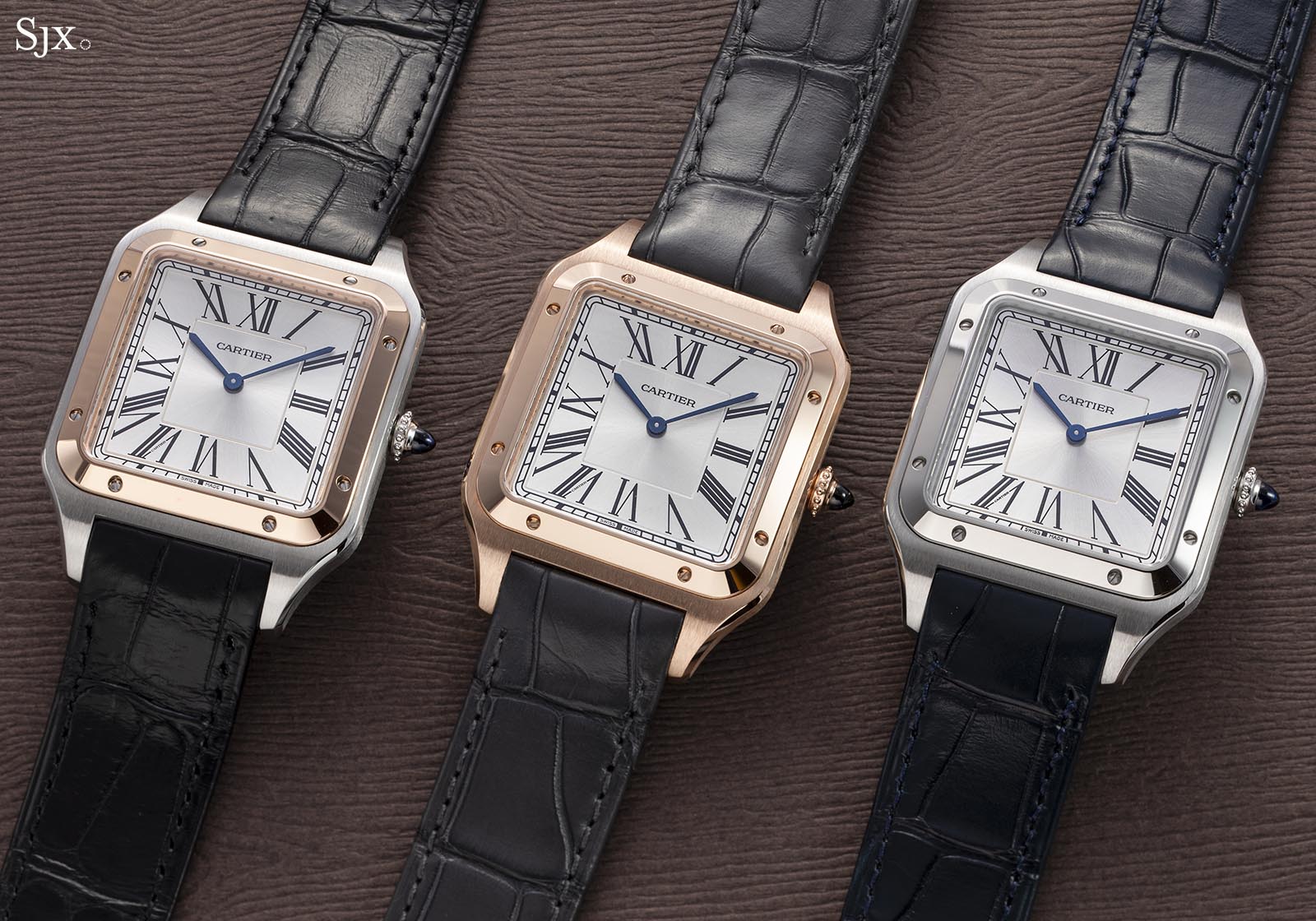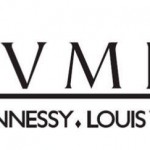Industry: Understanding the Demise of the LVMH Tiffany Takeover
Off the table, for now.
The announcement by LVMH that it was scrapping its takeover of Tiffany & Co. was not a tremendous surprise. The prelude came in June when news broke that the French luxury group was seeking to renegotiate the deal.
Valued at US$16.2 billion, the planned acquisition of the storied American jeweller famed for its blue boxes would have been the biggest in the history of the luxury-goods industry. But shortly after the deal was announced late last year, the COVID-19 pandemic swept through the world, a tsunami that dampened the valuations of luxury brands.
By far the largest luxury group in the world with a market capitalisation of over €210 billion, LVMH can easily afford such an acquisition, but it has always demonstrated a keen nose for paying the right price. As a result, the urgency of the Tiffany acquisition – perhaps driven in part by troubles at its rival Richemont – is over, for now.
Tiffany has now launched a lawsuit against LVMH, seeking to force a completion of the deal, while also accusing LVMH of intentionally dragging its feet on seeking approval from the European competition authority.
LVMH, on the other hand, is justifying the termination by invoking a letter from the French government advising it not to sign the deal before January 6, 2021, in light of duties on French goods mooted by the Trump administration. The manoeuvre is naturally an excuse intended to avoid a breakup fee, which is some US$575 million.
All of that is good news for fellow luxury conglomerate Richemont, which now sees the threat of a powerful competitor to its flagship brand, French jeweller Cartier, receding.

Louis Vuitton is the biggest revenue earner for LVMH, but far from its only significant brand
An art in itself
This is where we enter the art of the deal, a skill which Bernard Arnault, the controlling shareholder of LVMH, has mastered.
I suspect that Mr Arnault, who has a long track record of successful renegotiations in M&A, is a practitioner of old-school bargaining. A good businessman always makes his counterpart believe that he has concluded the negotiation – until he pulls a rabbit out of the hat, resetting the counter to zero, which usually results in his opponent caving. Mr. Arnault is a master of the last-minute surprise that allows him to knock out an opponent who was all ready to break out the champagne.
With connections at the highest level of the French government – understandable considering that LVMH as the country’s largest taxpayer – it is not unimaginable that an emissary of LVMH approached French foreign minister Jean-Yves Le Drian, who then obliging signed the letter advising against the deal.
With looming American tariffs on French goods, it is not unimaginable that the foreign minister and broader French state are convinced by the laudable and patriotic intentions of LVMH and its loyalty to the nation, hence signing the letter was simply to protect the French national interest.
Put simply, the French government has an ace up its sleeve by forbidding LVMH to buy an American company. While that contradicts the norms of a free-market economy, in this specific case it would not violate any laws.
The impact on the industry
Despite everything, I can assure you that LVMH will follow through and capture its prey – at the right price. The long list of acquisitions made by Mr Arnault over 35 years – LVMH now owns 75 brands – is a guarantee of the group’s acquisitive efficiency.
Perhaps more notable is the number of instances LVMH has failed. One such instance is Gucci, when the Pinault family that controls Kering trumped Mr Arnault to take control of the Italian brand. Another is the aborted takeover of Hermès, which nonetheless led LVMH to book a gain of €1 billion on its Hermès shares, the ultimate consolation prize. One way or another, Mr Arnault always leaves the table as a winner.
But for now, the consequences of the postponement are multiple. Richemont now enjoys some breathing room, as a potential competitor to Cartier fades away for the immediate future.
If it had gone ahead, the takeover would have seen LVMH strengthen Tiffany in both image and product, elevating the brand in price and prestige. With that, LVMH would protect Bulgari, its flagship jeweller brand, from competition at lower price points. Bulgari is already successful in a segment similar to that of Cartier, but has ambitions to move up the price spectrum.
Above all, the deal would have allowed LVMH to take market share in jewellery, which still has an atomised industry structure. Historically, many jewellery stores were small but vertically integrated operations, while global jewellery brands are a relatively recent phenomenon that started only in the late-20th century. Cartier was the first to cross the boundary from niche to global by establishing iconic product lines that are easily identifiable and thus status symbols across the world.

A status symbol around the world
Everyone wins, except the prey
On September 11, 2020, two days after LVMH cancelled the Tiffany deal, Morgan Stanley published a report about the positive performance of luxury products in the United States, which immediately boosted the shares of listed luxury brands.
Titled Not Just a China Story, the report stated that despite Chinese consumers accounting for 90% of the predicted growth in luxury-goods demand over the next five years according to Bain & Company, the American market is still doing well. The United States remains extremely important for the luxury-goods industry, making up slightly over a dollar of every five dollars spent globally on luxury goods, or 22% of the total.
And America is where we find Tiffany & Co., which was struggling since the start of the pandemic, with sales down 29% in the last quarter, though sales enjoyed a tentative recovery at the beginning of August. As Tiffany is highly dependent on the American market – which makes up 43% of its revenue – the jeweller benefits disproportionately from the turnaround in the United States. So its share price should be rising, except it is not.
In the meantime, LVMH has increased its market capitalisation by €7 billion since the the Tiffany deal was aborted. Its fellow luxury peers have enjoyed a similar uptick in share prices, with a recent Bloomberg headline declaring “LVMH, Hermes Gain as Morgan Stanley Sees Rosier Luxury Outlook”. Who should we believe?
Back to top.





